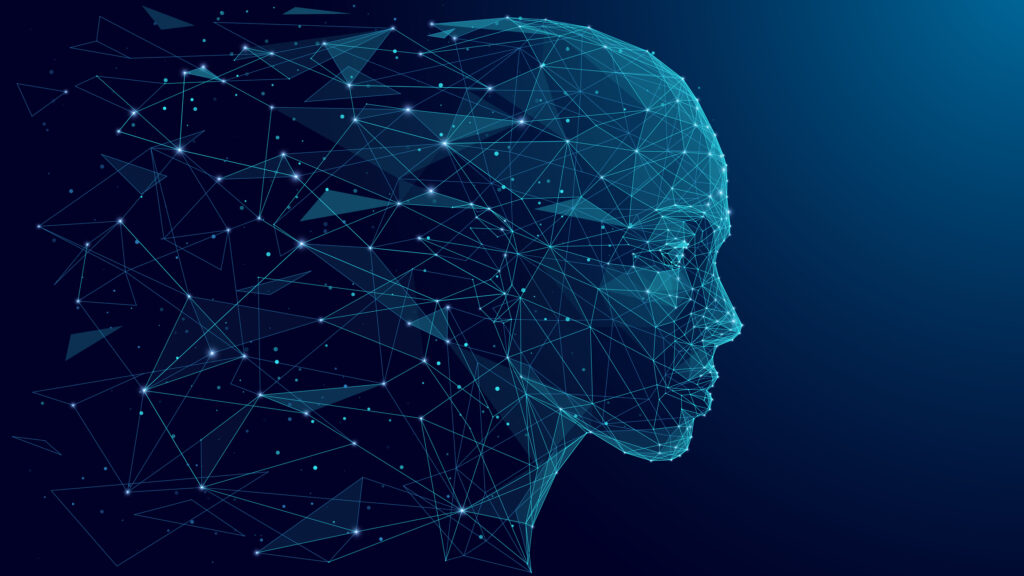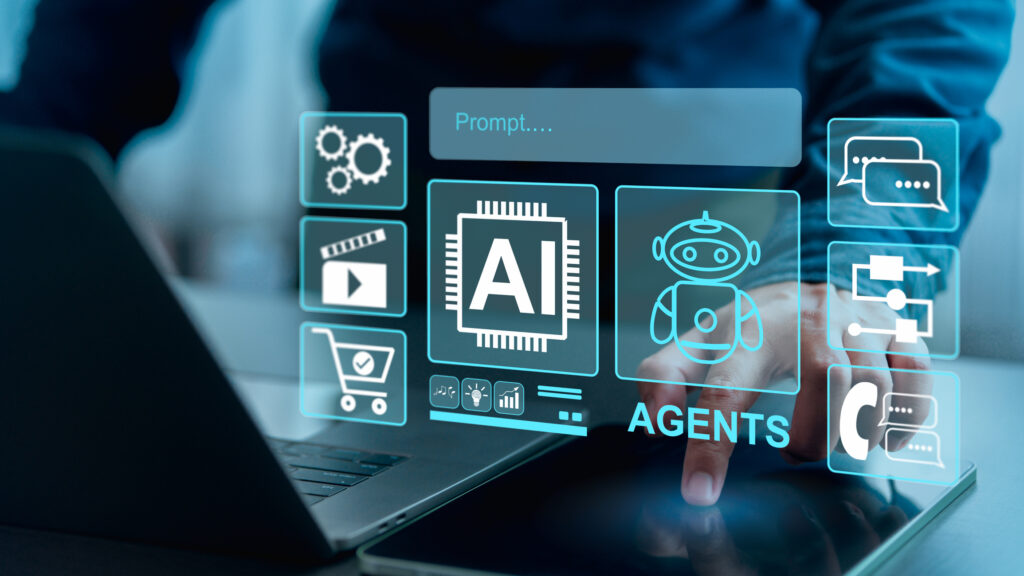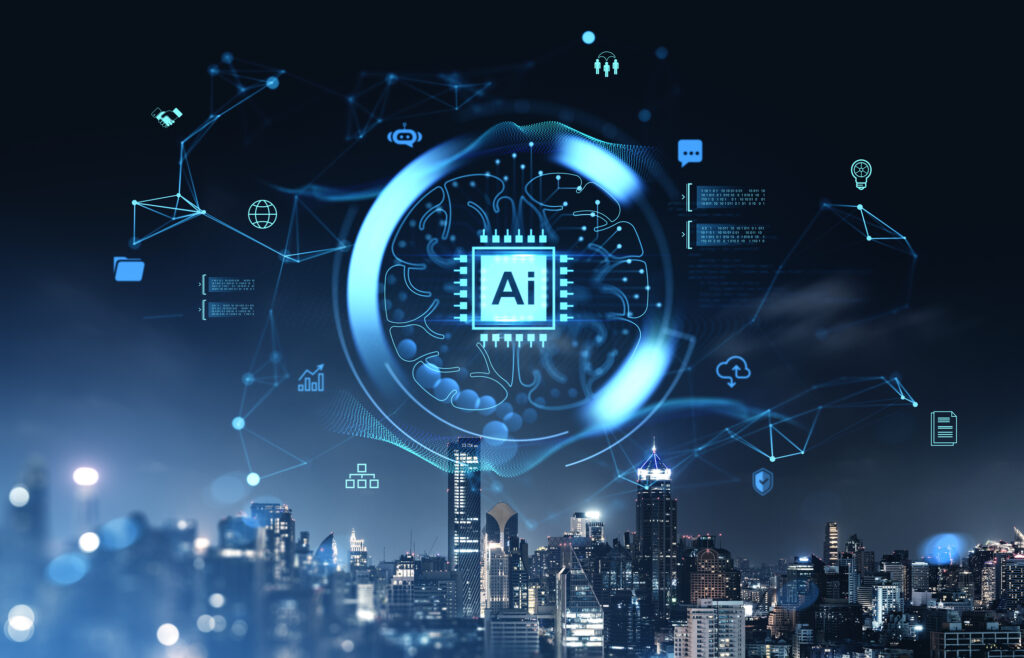Anthropomorphic AI: international legislative framework, risks, and governance

Anthropomorphic artificial intelligence systems are developing rapidly across many digital environments. Conversational companions, avatars, voice assistants, or relational chatbots are designed to simulate human traits such as empathy, personality, or relation continuity. By introducing an emotional and social dimension into interaction, these systems profoundly transform the relationship between users and technology. This evolution nevertheless raises specific issues in terms of protection of individuals, risk management, and liability, as well as significant risks when these tools are used by vulnerable populations or in sensitive contexts. This article aims to clarify the notion of anthropomorphic AI, to present the main risks associated with these systems, and to analyze the first structuring regulatory responses, notably those formalized by China and the […]
AI Act: what legal regime for open-source general-purpose AI models?

The AI Act establishes a harmonised legal framework applicable to AI systems as well as to general-purpose AI models (General Purpose AI – GPAI), that is, AI models trained using a large amount of data through large-scale self-supervision, capable of being integrated into a wide variety of systems and of performing a wide range of […]
AI Agents: sectoral uses, opportunities, and risks to be managed

Since 2023, AI agents have moved from the experimental stage to operational uses across many sectors: finance, healthcare, industry, human resources, and public services. Capable of acting autonomously or semi-autonomously, these agents promise significant gains in productivity and performance. However, this increased autonomy comes with legal, ethical, operational, and cybersecurity risks, making a structured approach to their governance and management essential. 1. What is an AI agent? Definition and recent evolution AI agents, in their common understanding, refer to AI system software with specific characteristics: AI agents relate to the concept of agency, that is, a system’s ability to: Example: an AI agent may be an automated assistant tasked with sorting incoming emails. It analyzes each message, identifies its category (sales, support, urgent), and then applies the appropriate action, such as archiving or ticket creation. It thus performs a specific task, defined in advance, without exceeding the scope of this role. The emergence of frameworks such as AutoGPT (2023), LangGraph (2024), or agents integrated into cloud suites (Microsoft Copilot, Google Agentspace) has accelerated the […]
Overview of AI types: understanding to better govern

AI today encompasses a wide diversity of technologies, models, and use cases. This plurality makes their understanding essential for organizations, in order to grasp their impacts, identify associated risks, and define appropriate frameworks for responsibility and governance. Before being able to deploy, regulate, or effectively govern AI solutions, it is first necessary to clarify their […]